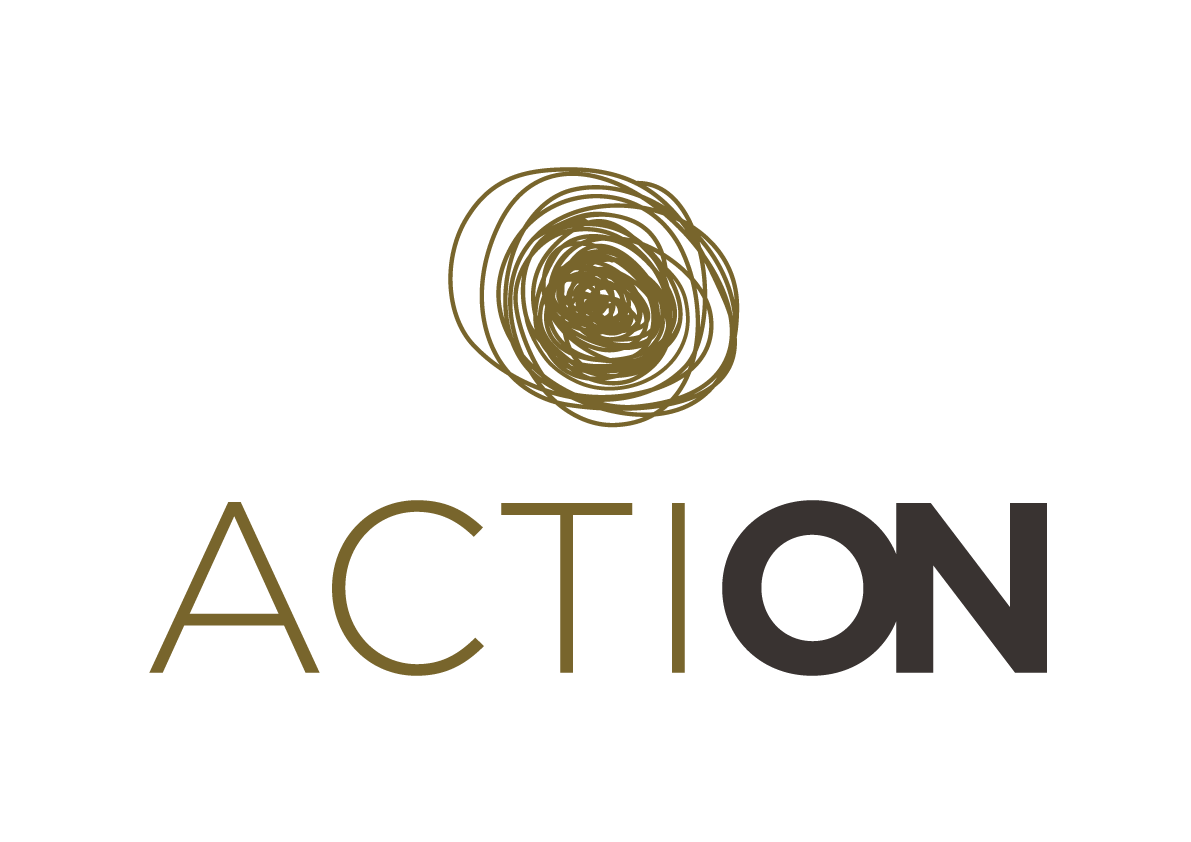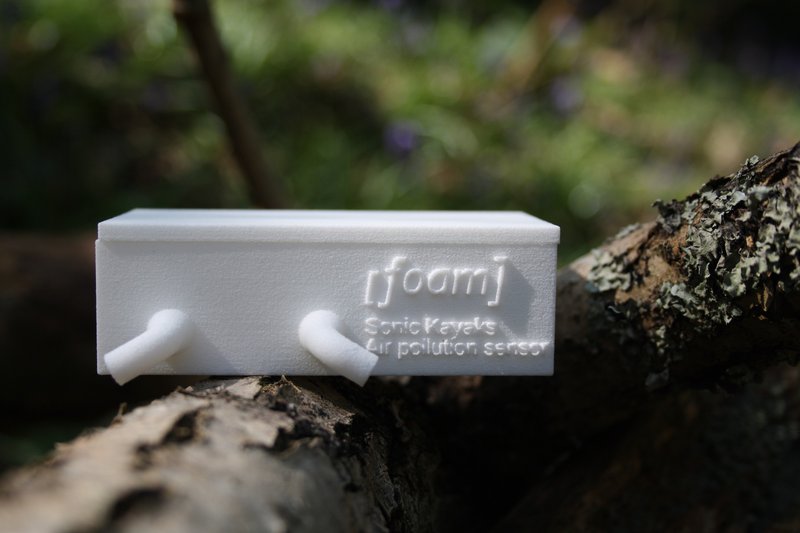Sonic Kayak is one of the six projects funded by the first ACTION Open Call. The Sonic Kayak system is a low cost open hardware for gathering and mapping fine-scale marine environmental data, which has not been previously possible to obtain.
Data is sonified through an onboard speaker allowing paddlers to seek out areas of interest and gain real time feedback of the data. The system currently includes underwater temperature sensors and a hydrophone for measuring underwater sound, each recording data every second with GPS, time and date.
Thanks to the ACTION synergy, two new environmental sensors will be designed and integrated into our existing system (turbidity and air quality), and gather publishable proof-of-principle data through an accessible, participatory workshop.
The sensors are:
- Air pollution. After a bit of research the team settled on particulate matter as one of the best ways to measure air pollution. The focus is on the air quality low over the water, where swimmers, kayakers, and wildlife are most exposed, particularly impacted by fossil fueled boat engines.
- Turbidity. The Sonic Kayak team has been asked a few times for a sensor to measure water turbidity – this is essentially the cloudiness of the water, and it can be used as an indicator of algal blooms, farm run-off, or faecal matter in the water for example, all of which affect the health of wildlife, plants and seaweeds, and the balance of nutrients in the water.
The process of getting these sensors designed and tested during a global pandemic has been a bit of a trial by fire. You can read more about Sonic Kayak progress, the specifics of the sensors and what’s next to their website.
Sonic Kayak project is led by FoAM Kernow, in collaboration with the sound artist Kaffe Matthews, the accessible kayak club Access Lizard Adventure, a kayak club for visually impaired people, and researchers from the European Centre for Environment and Human Health.

